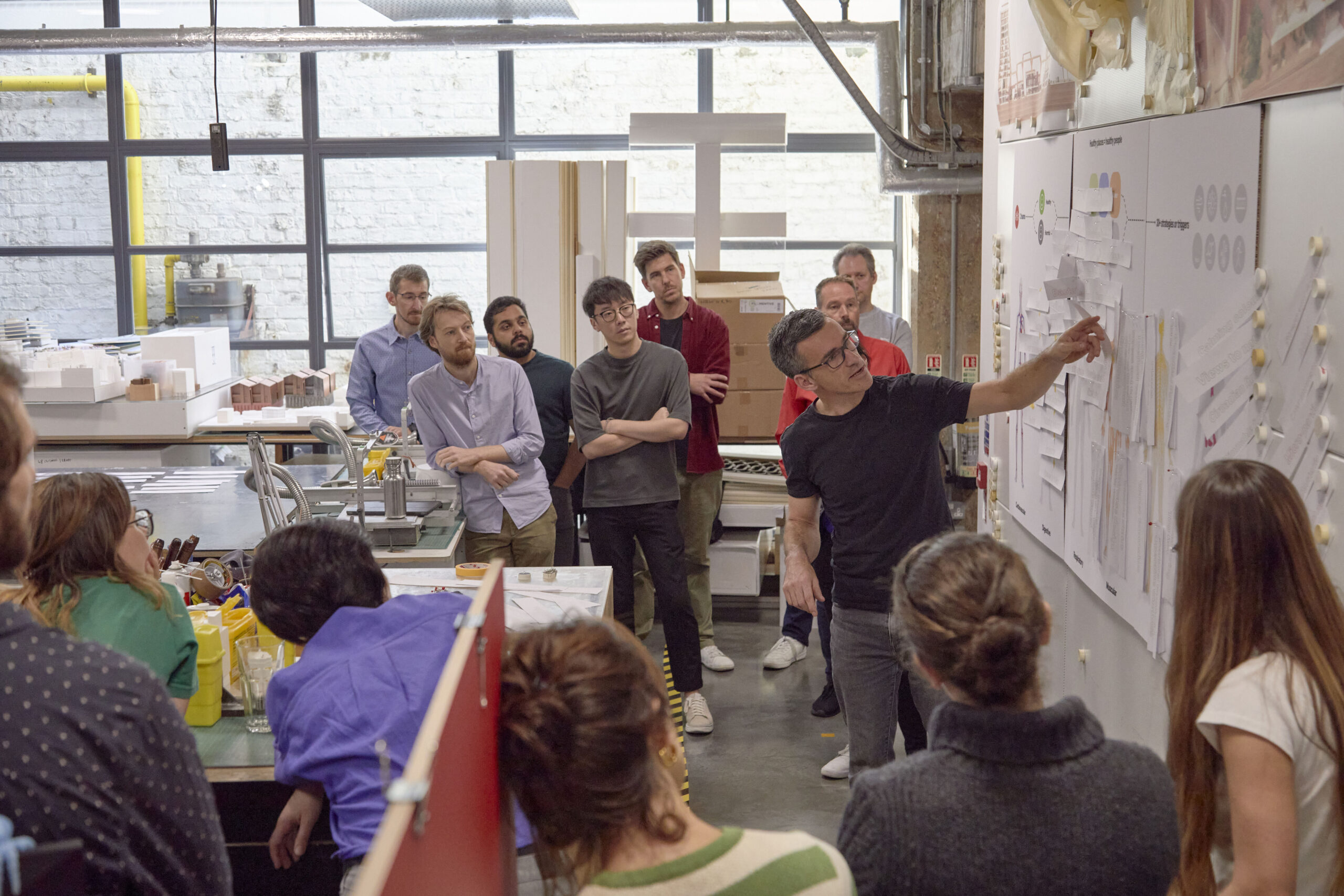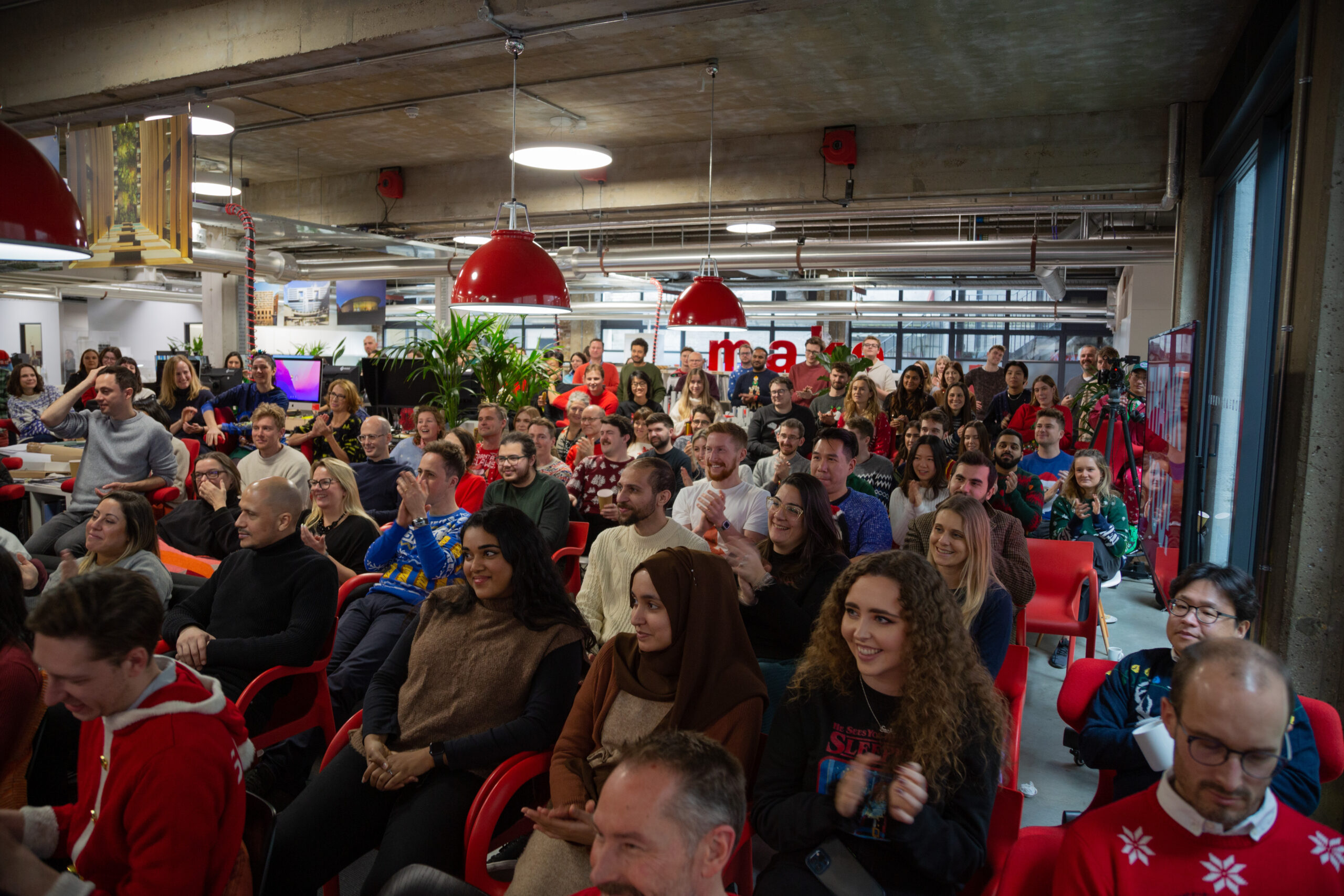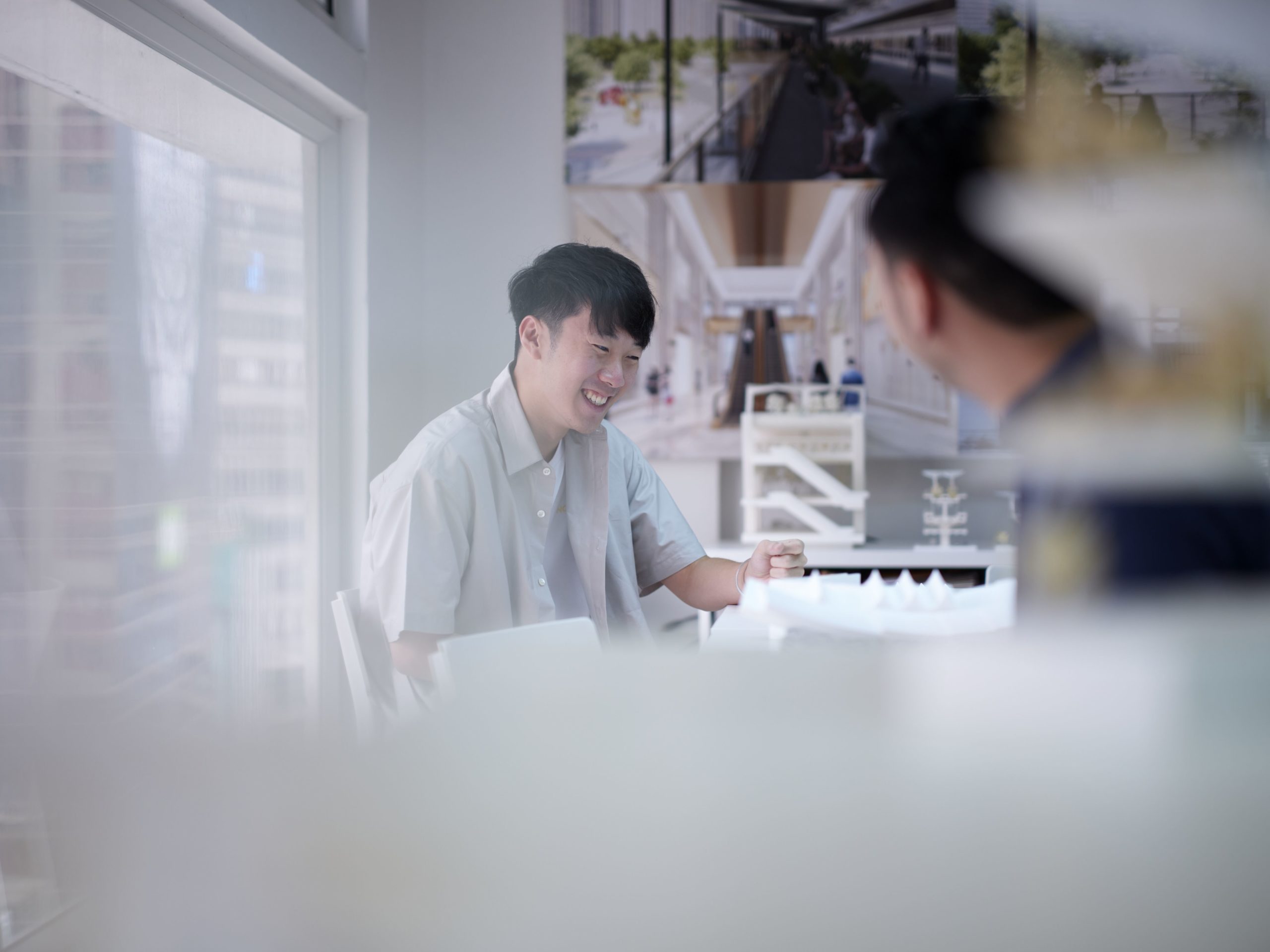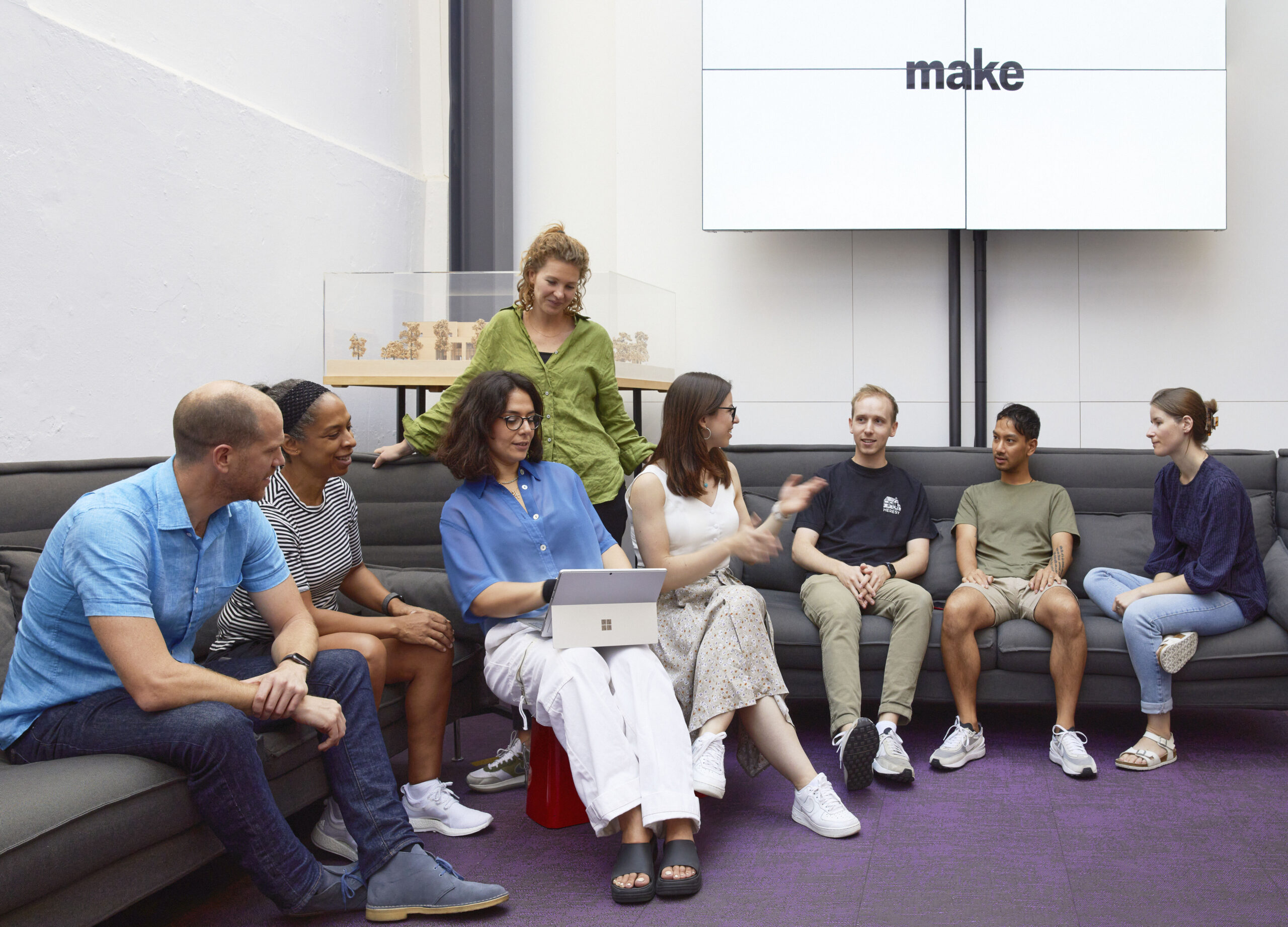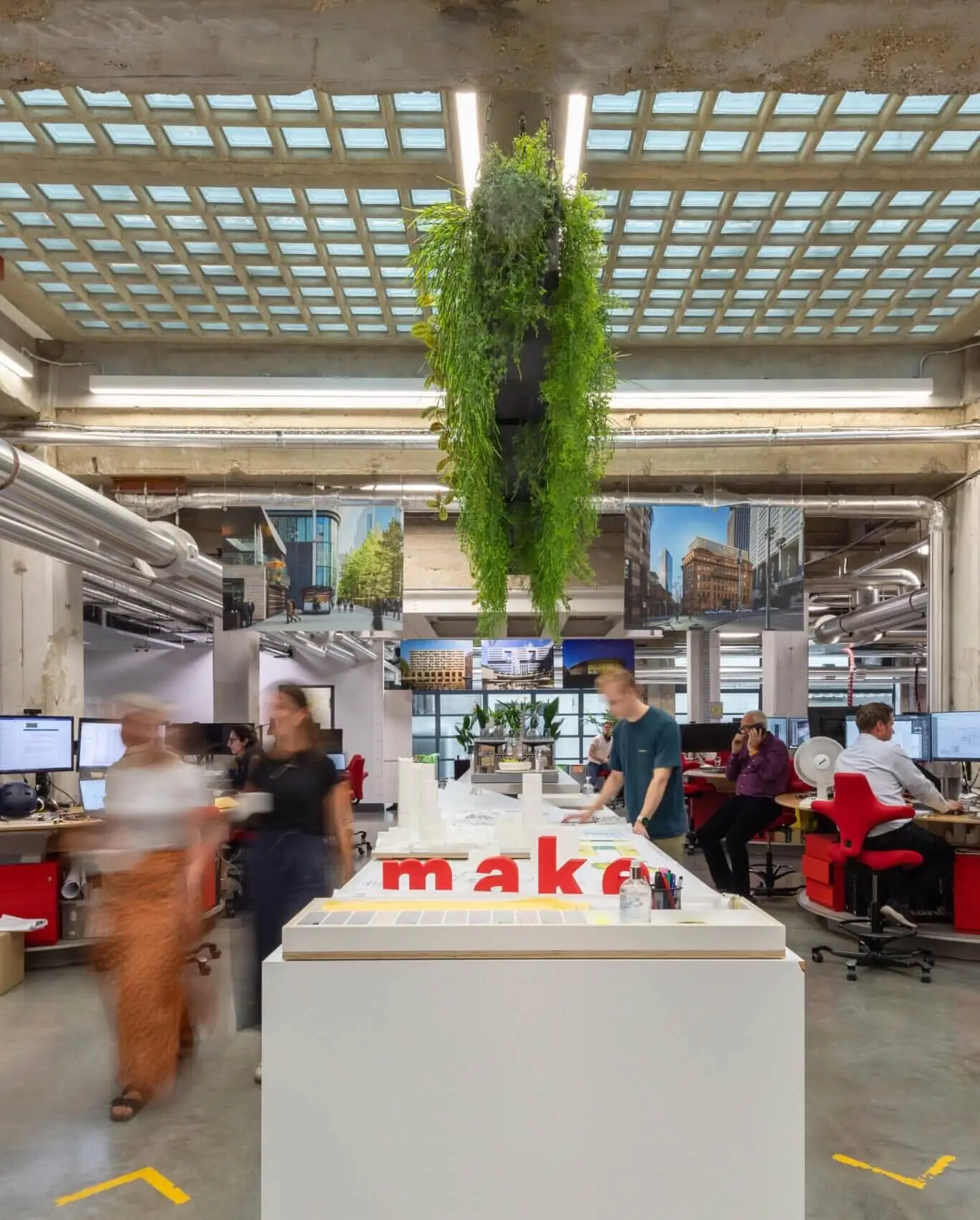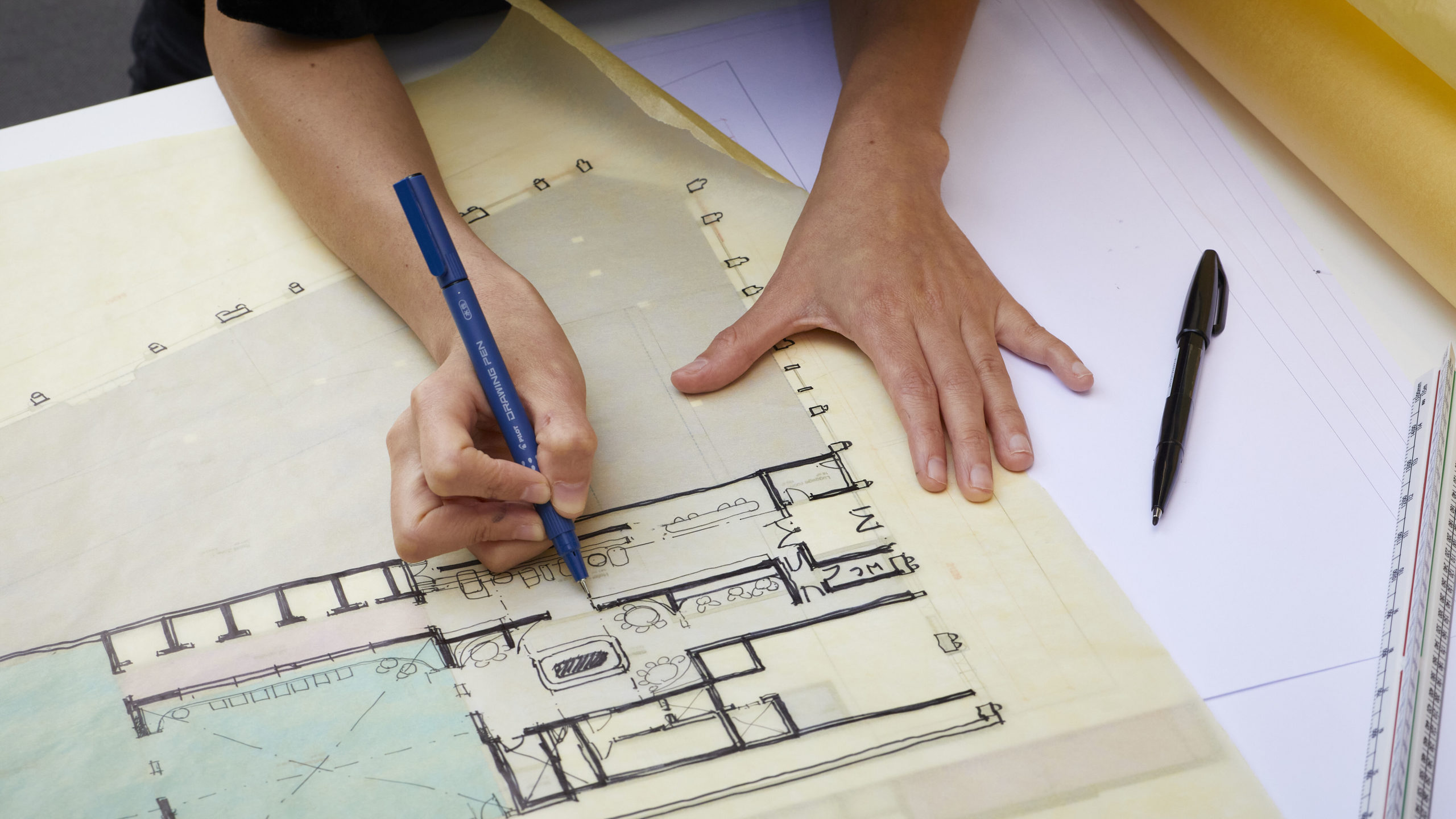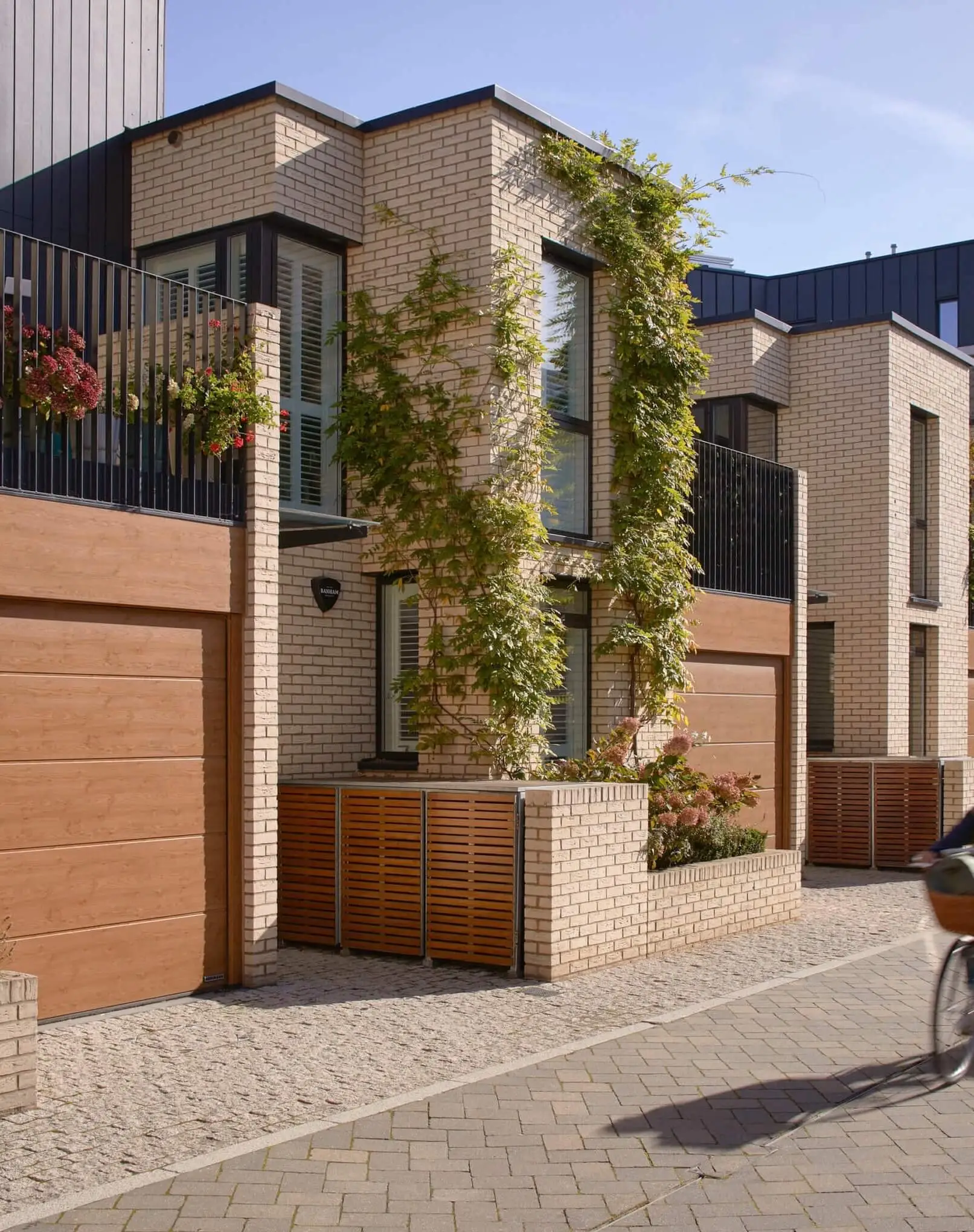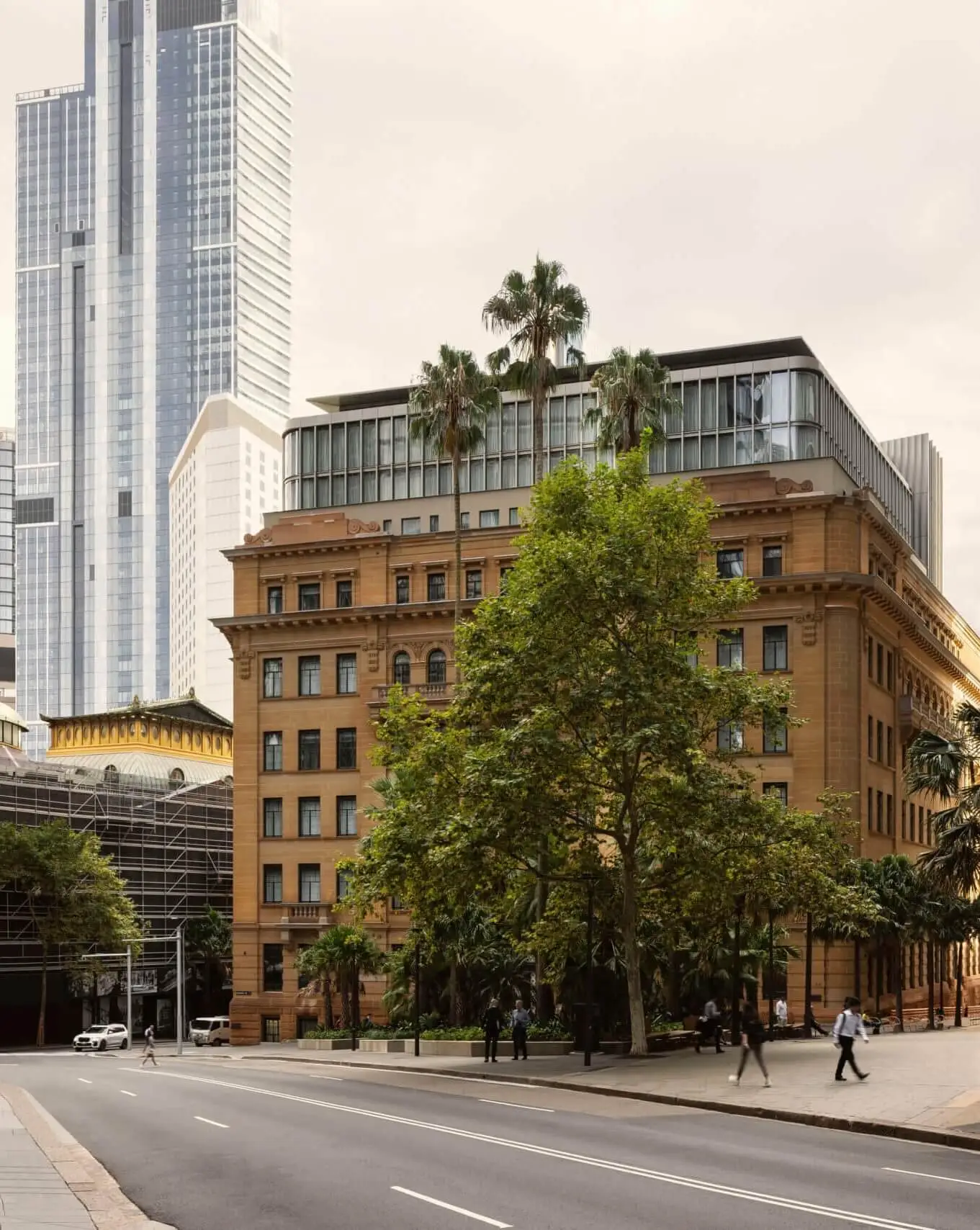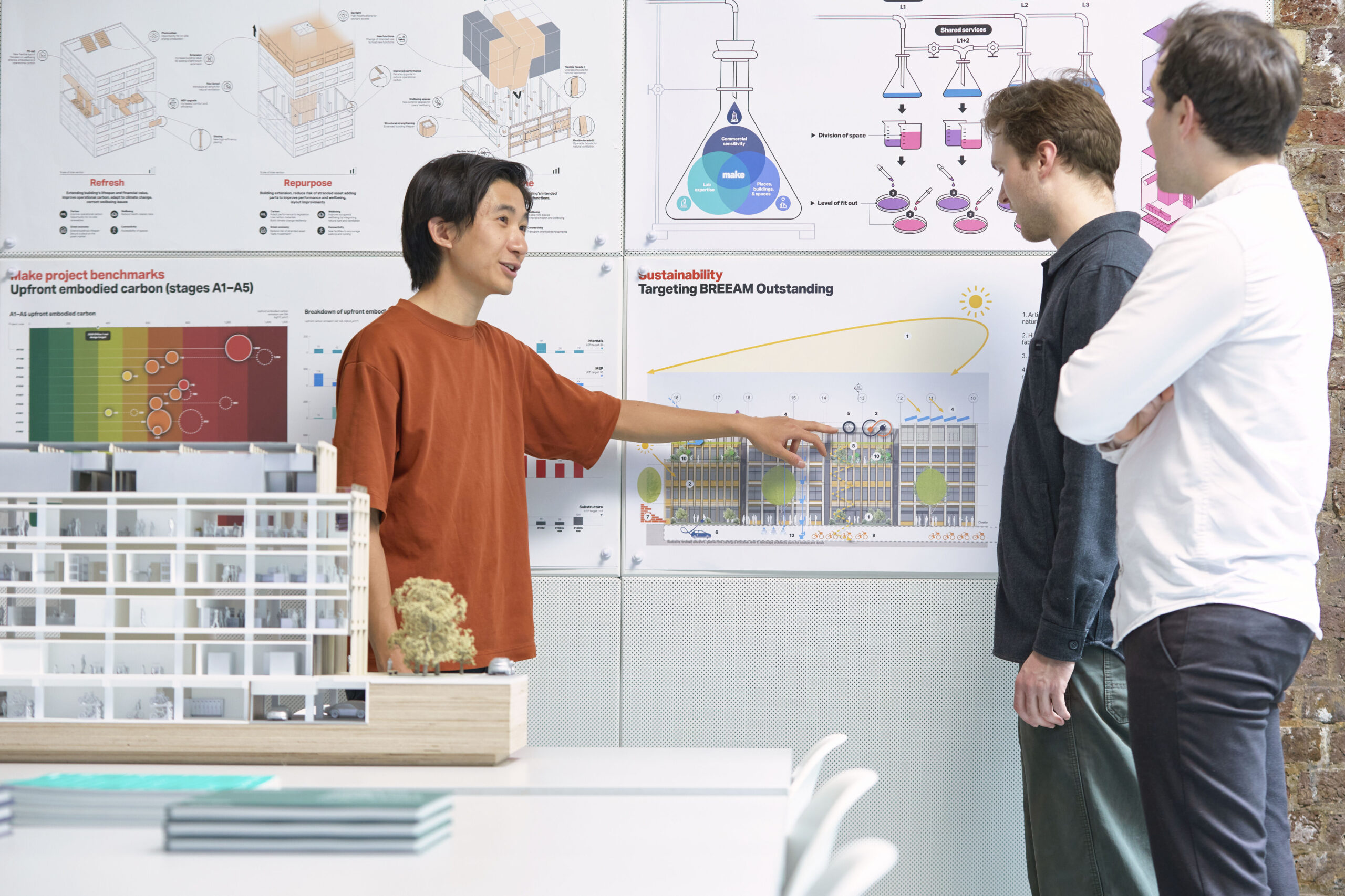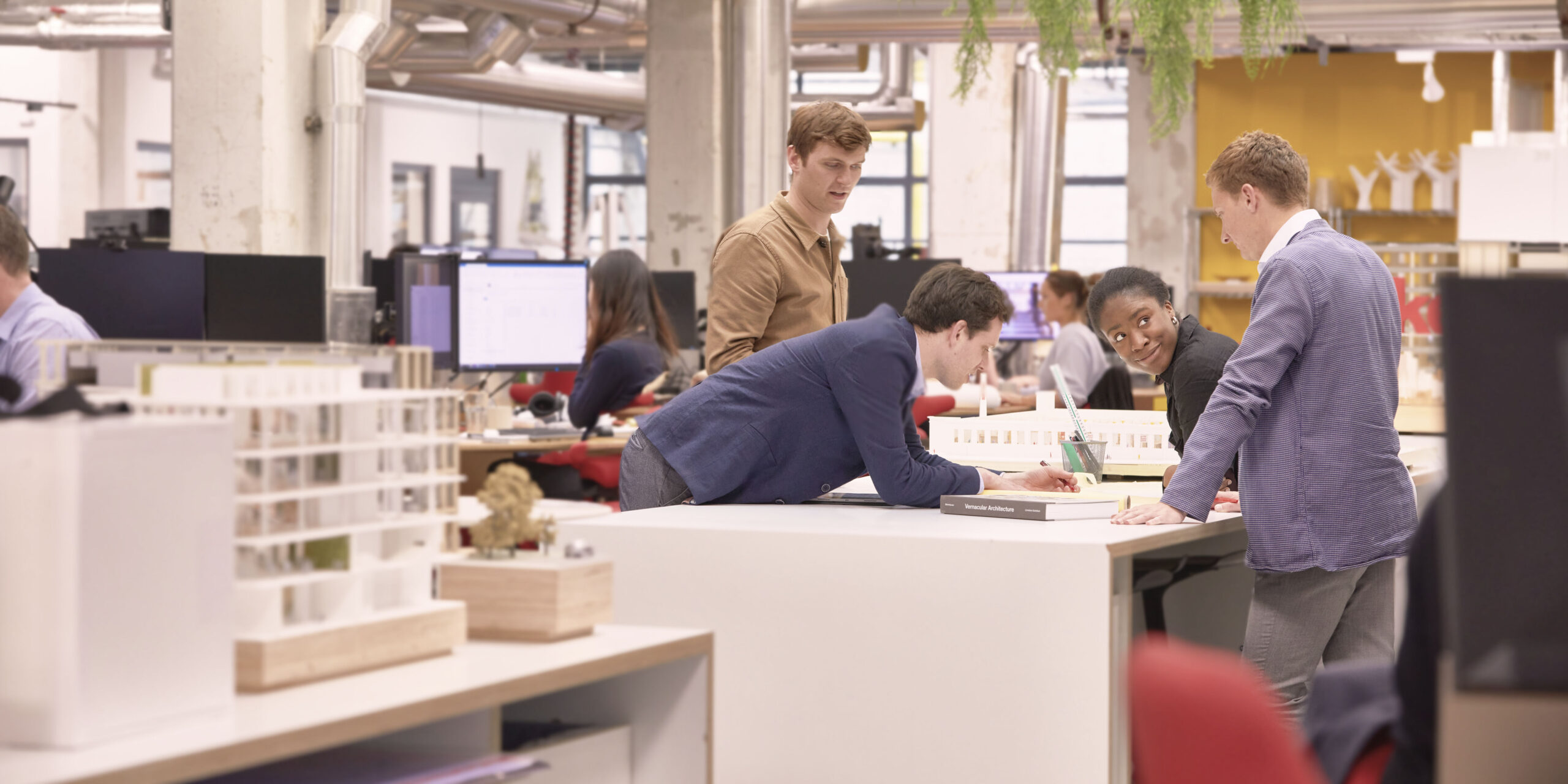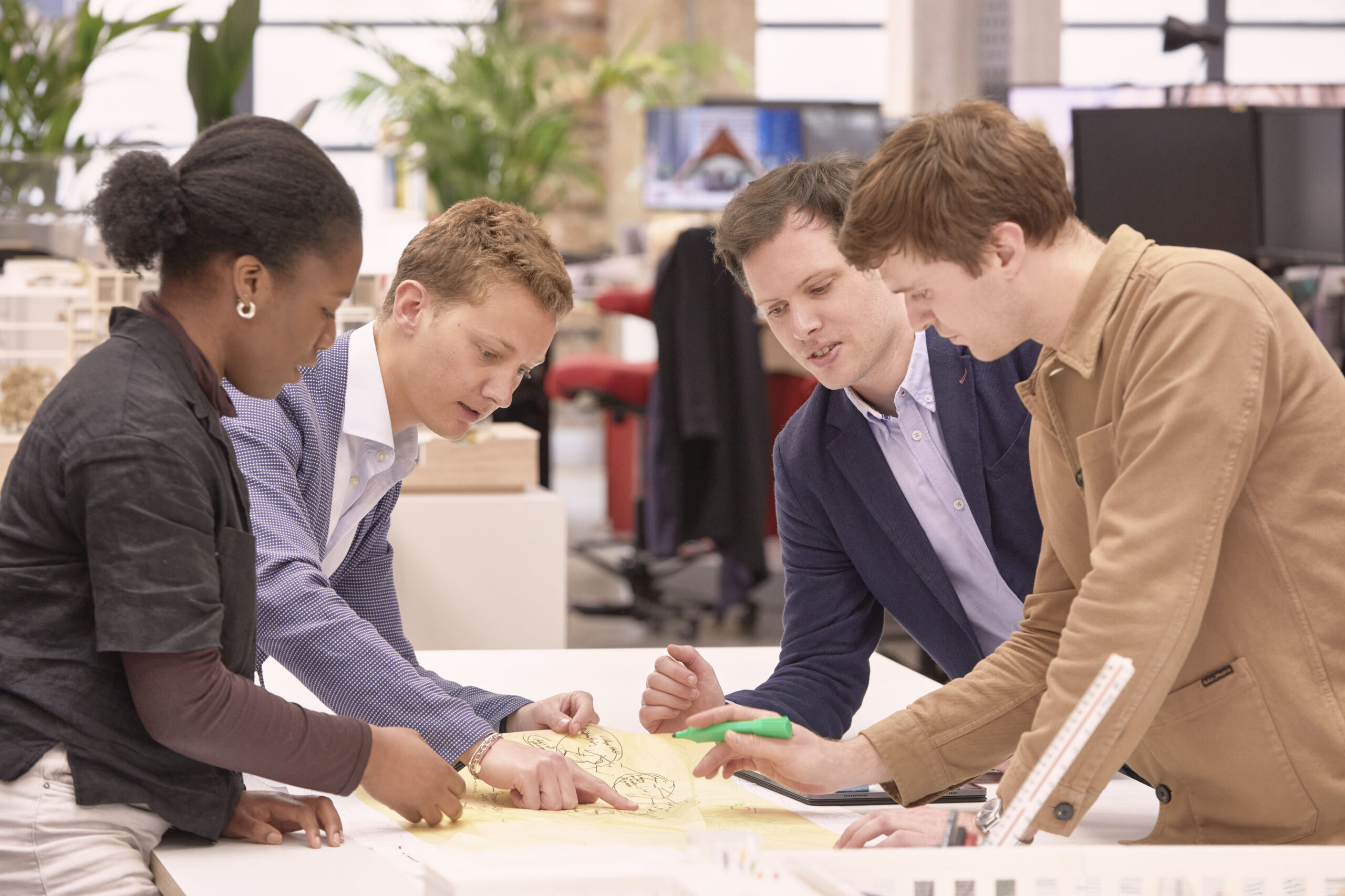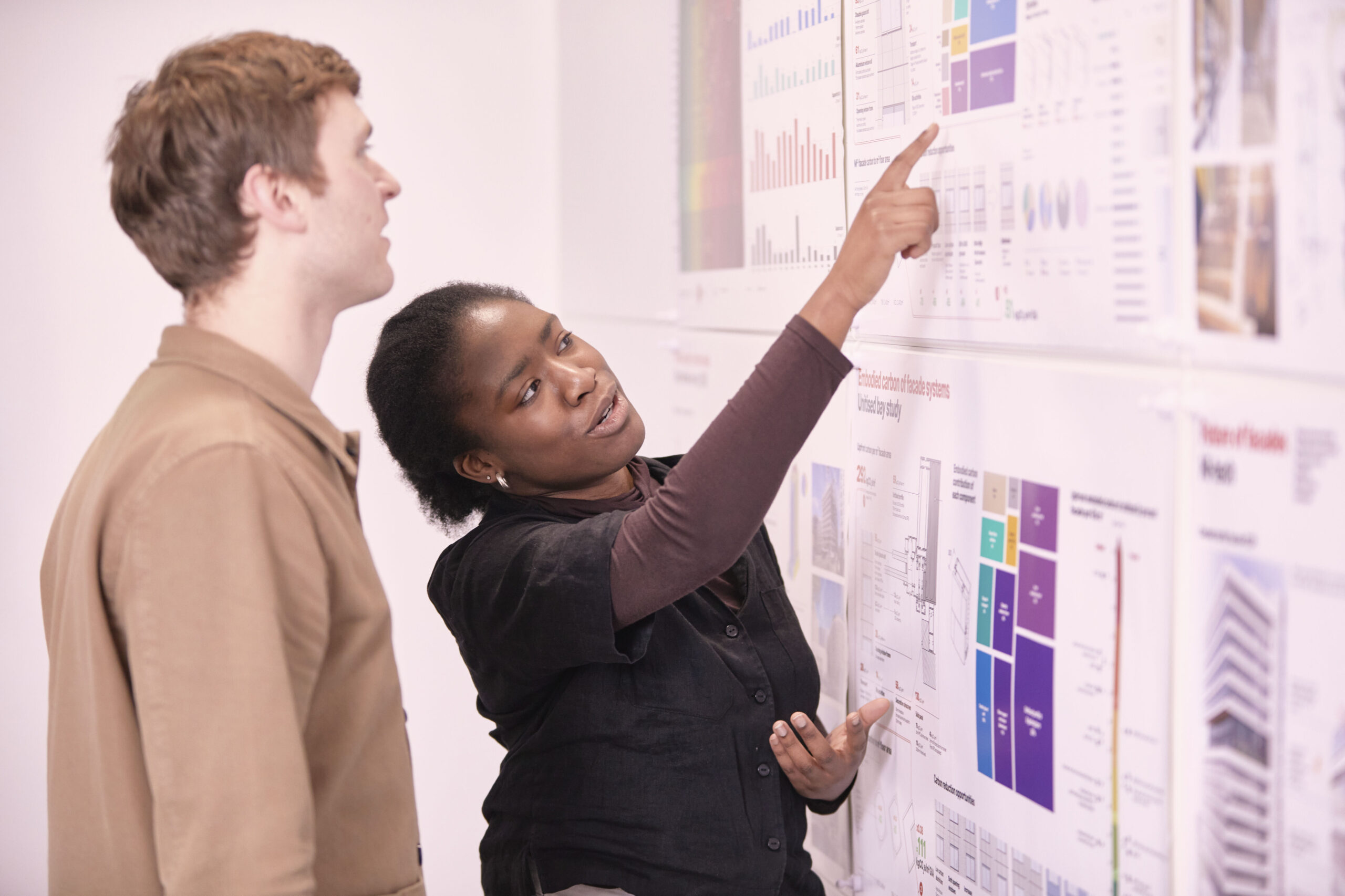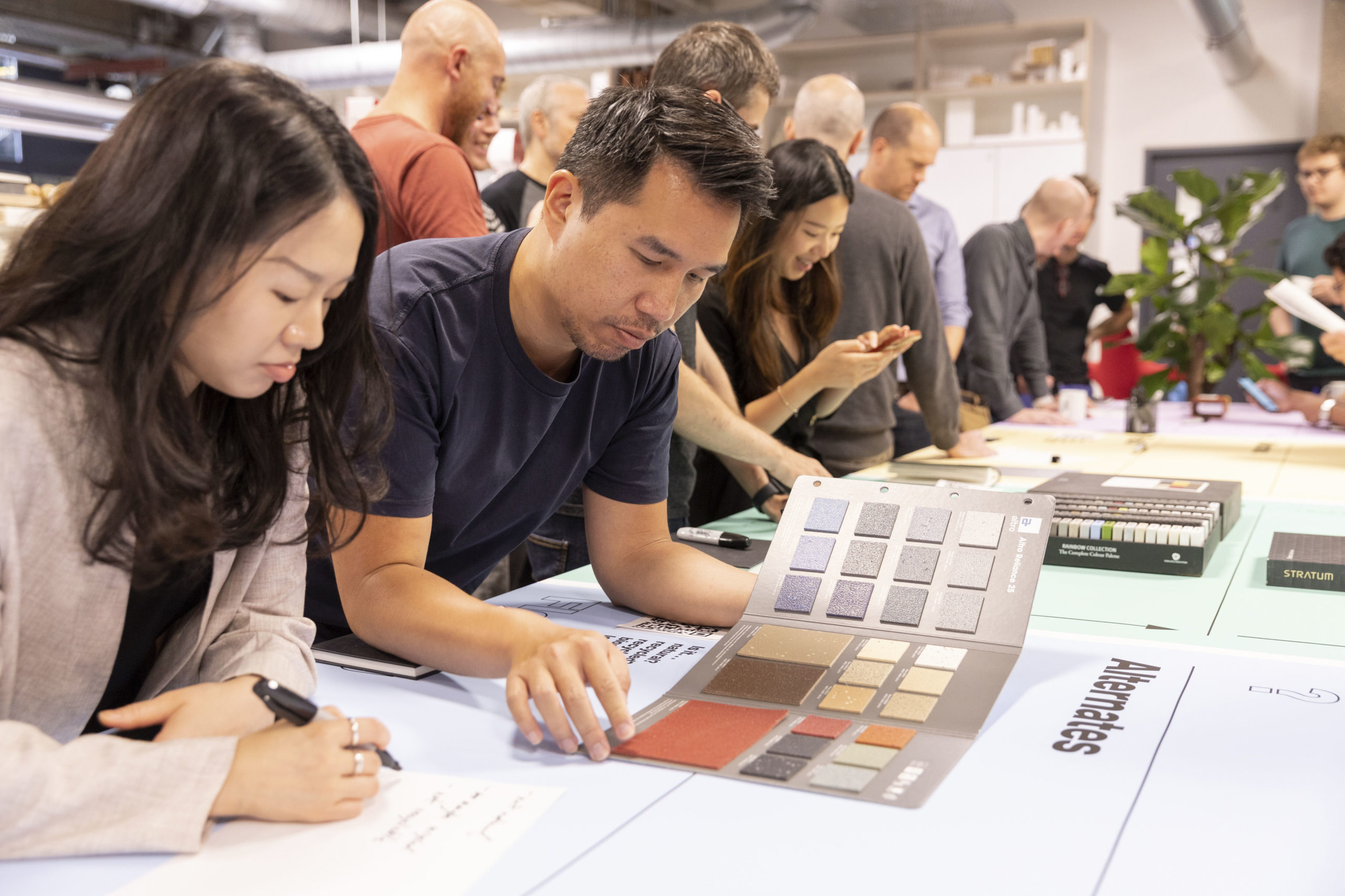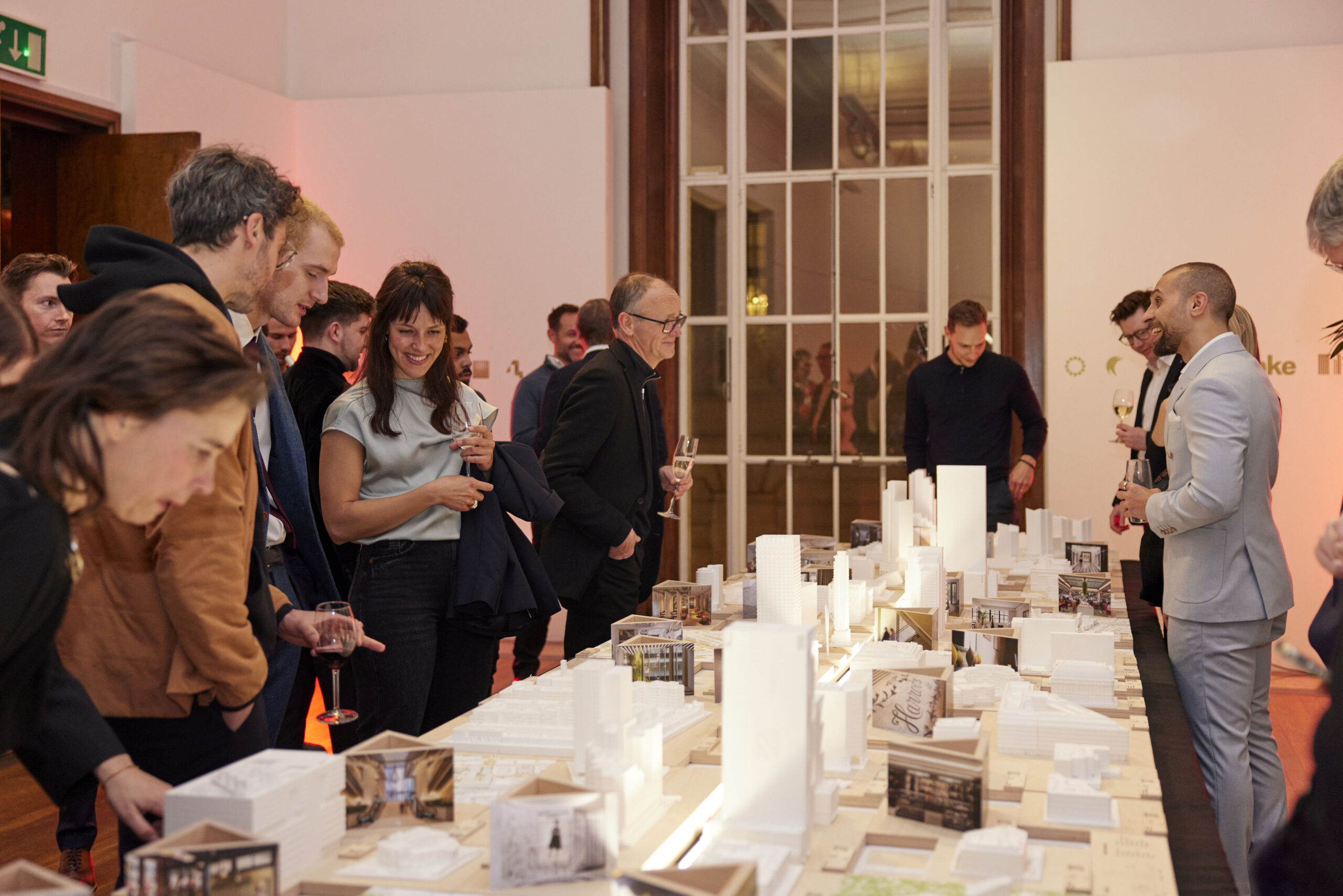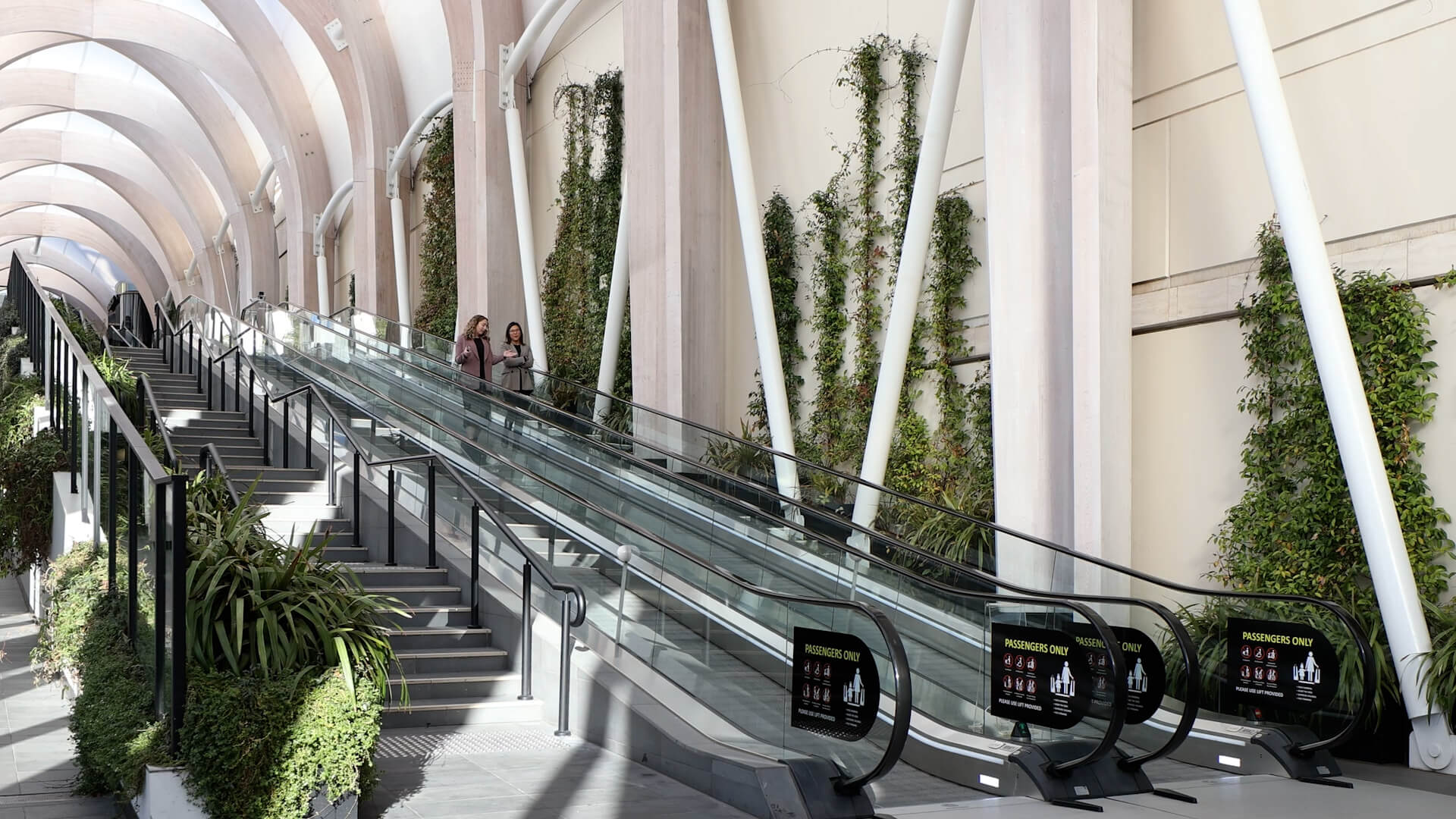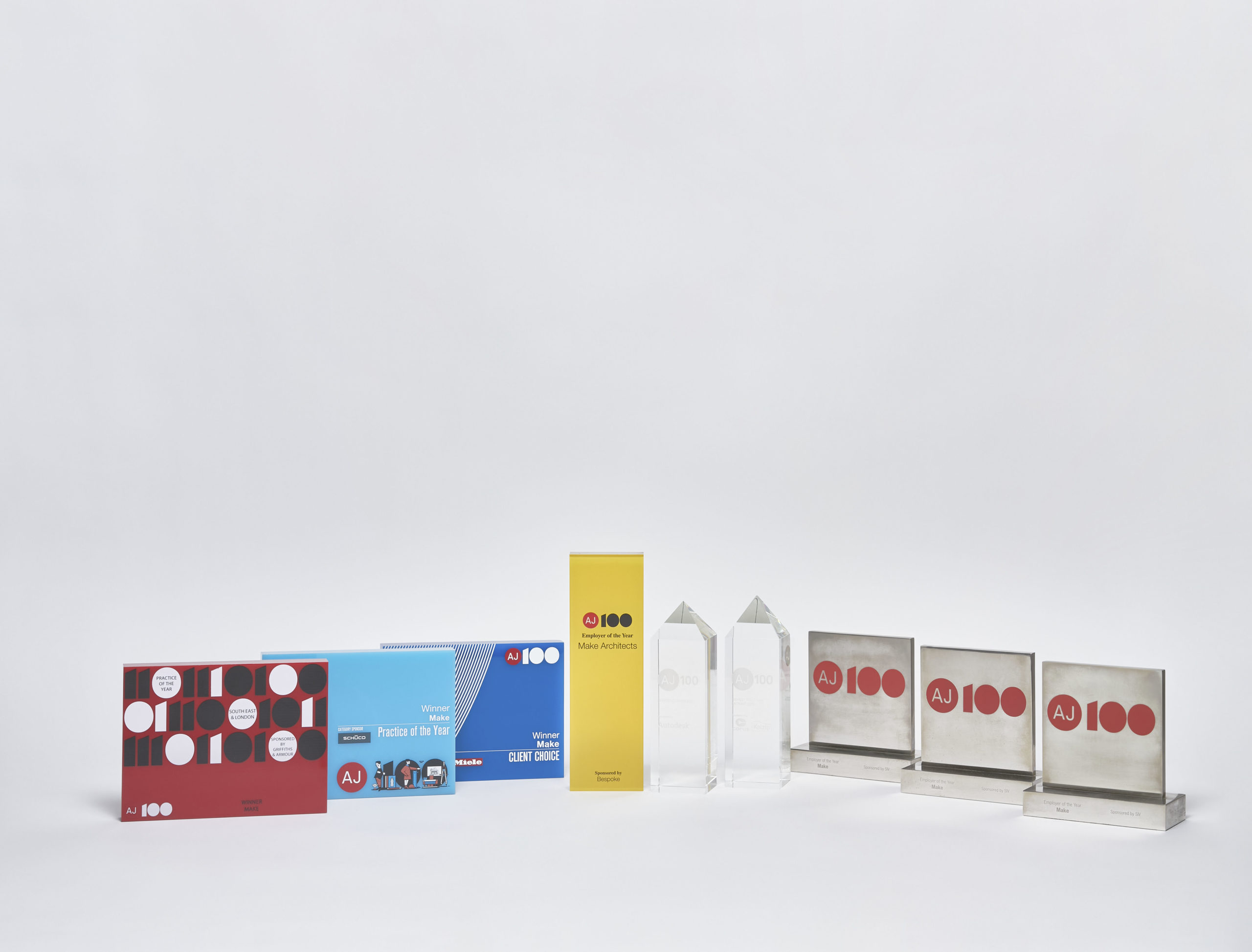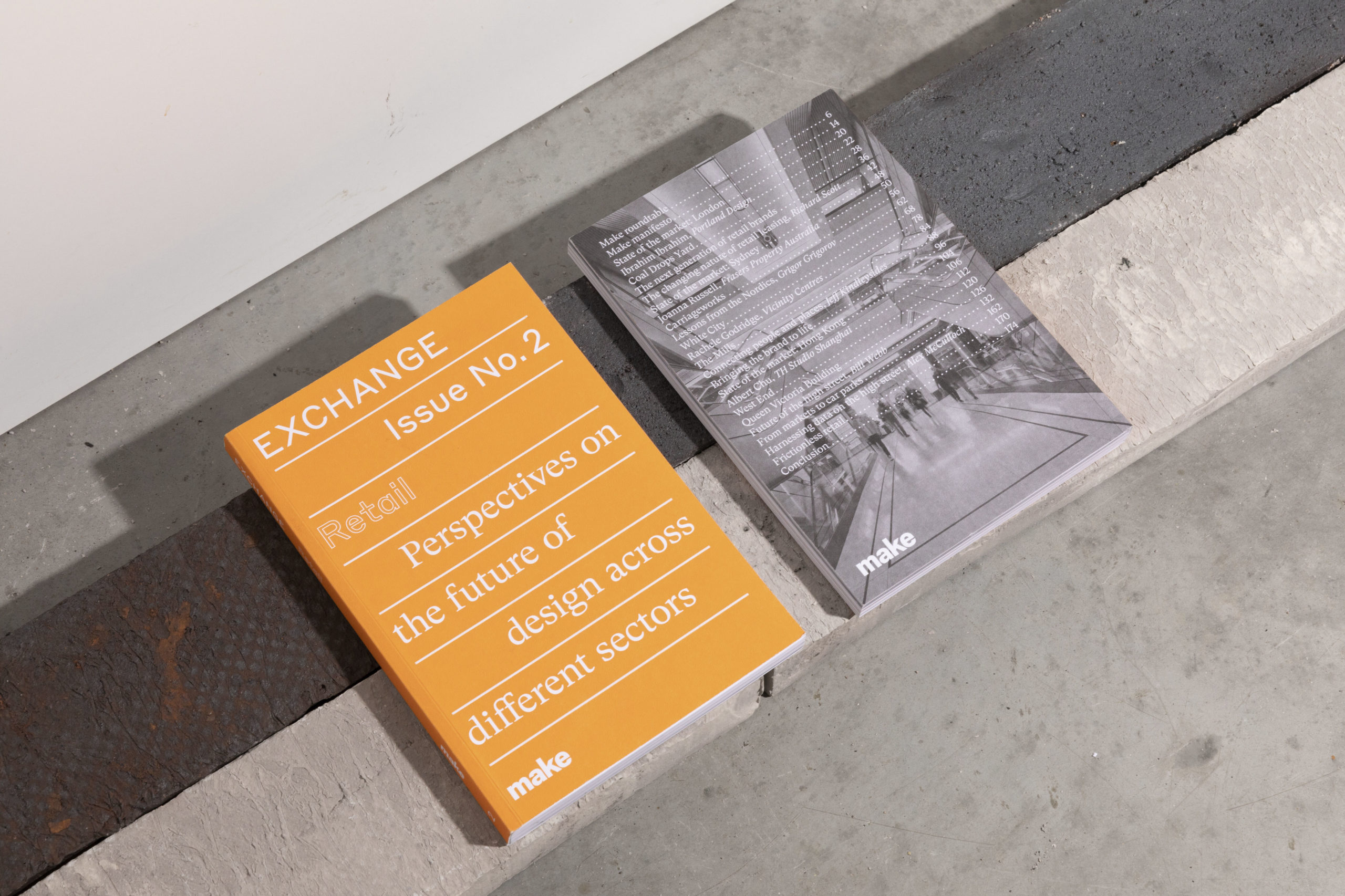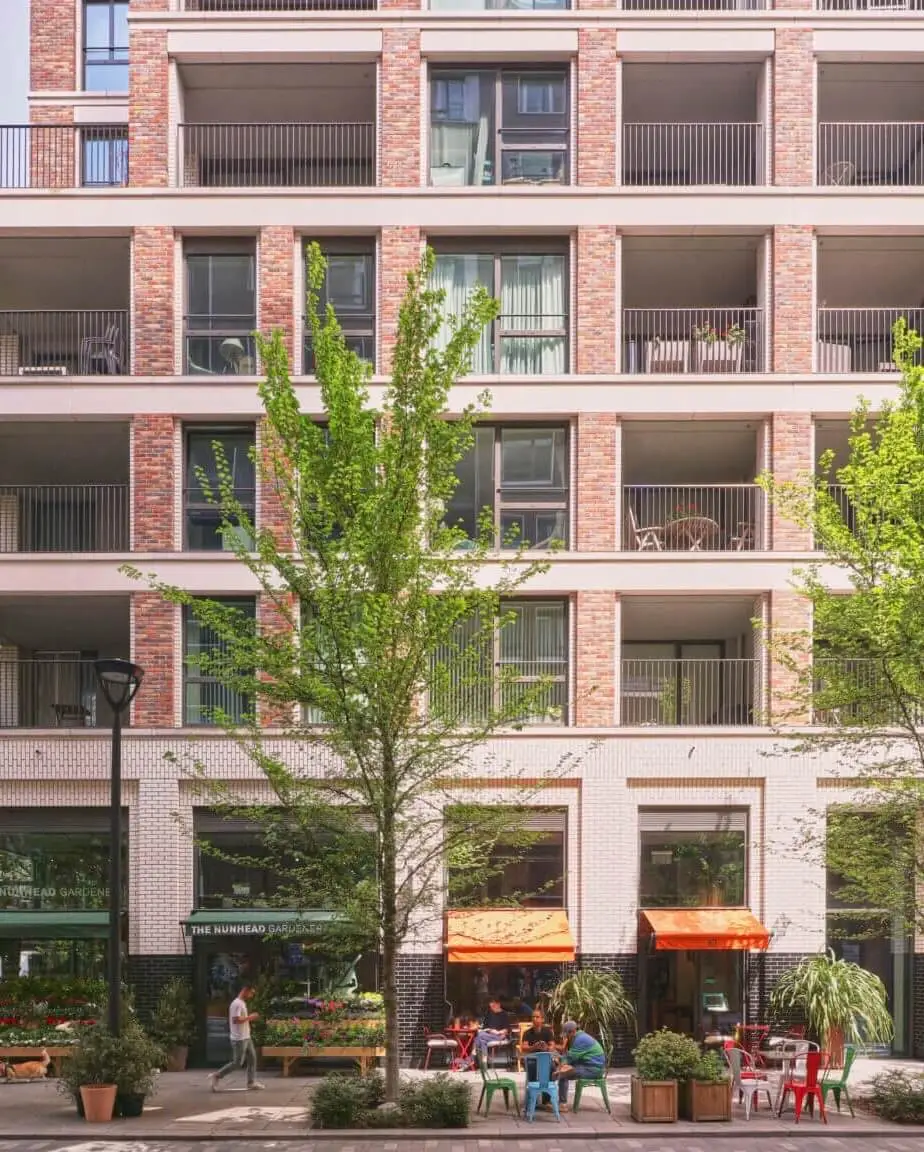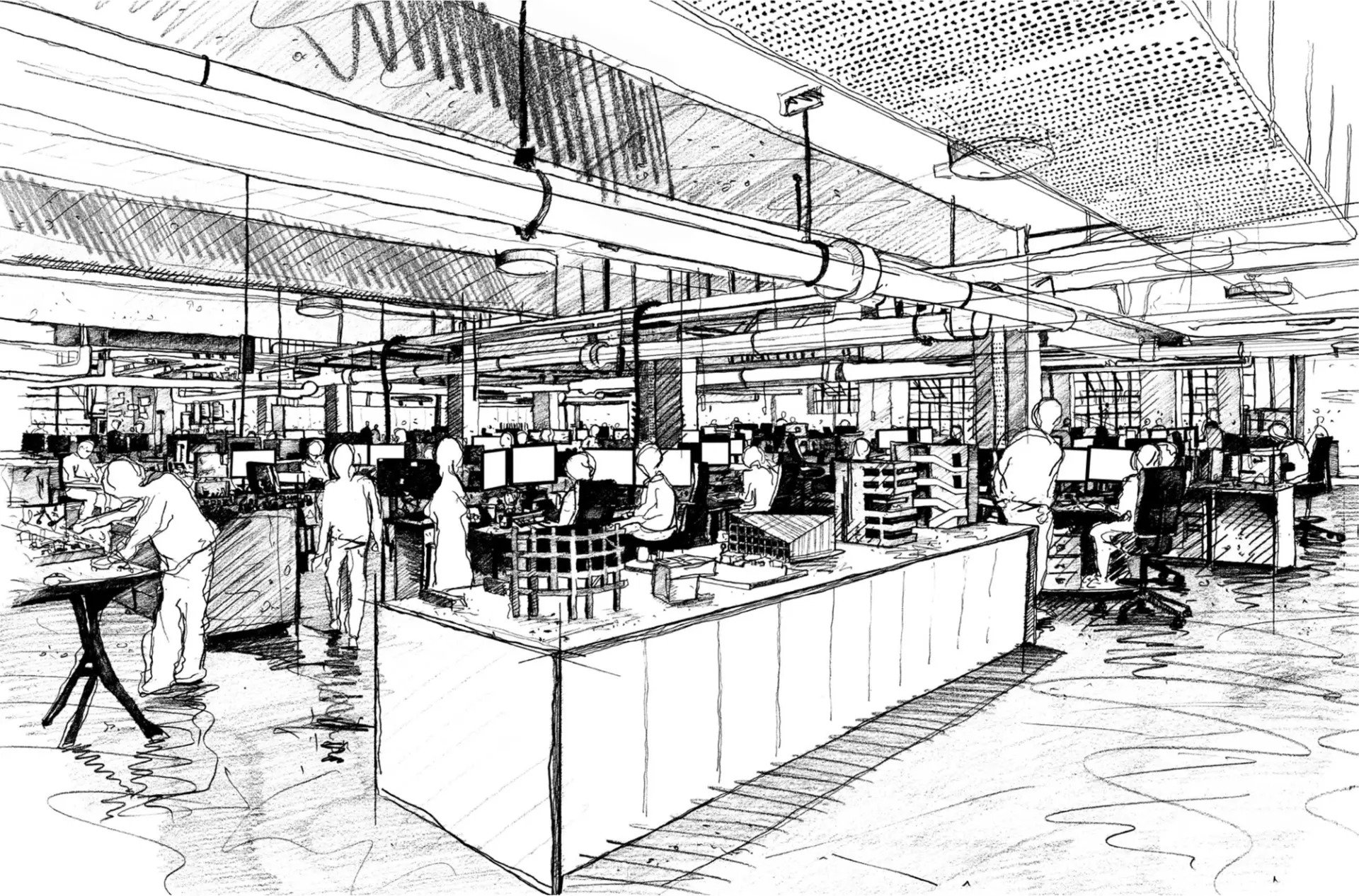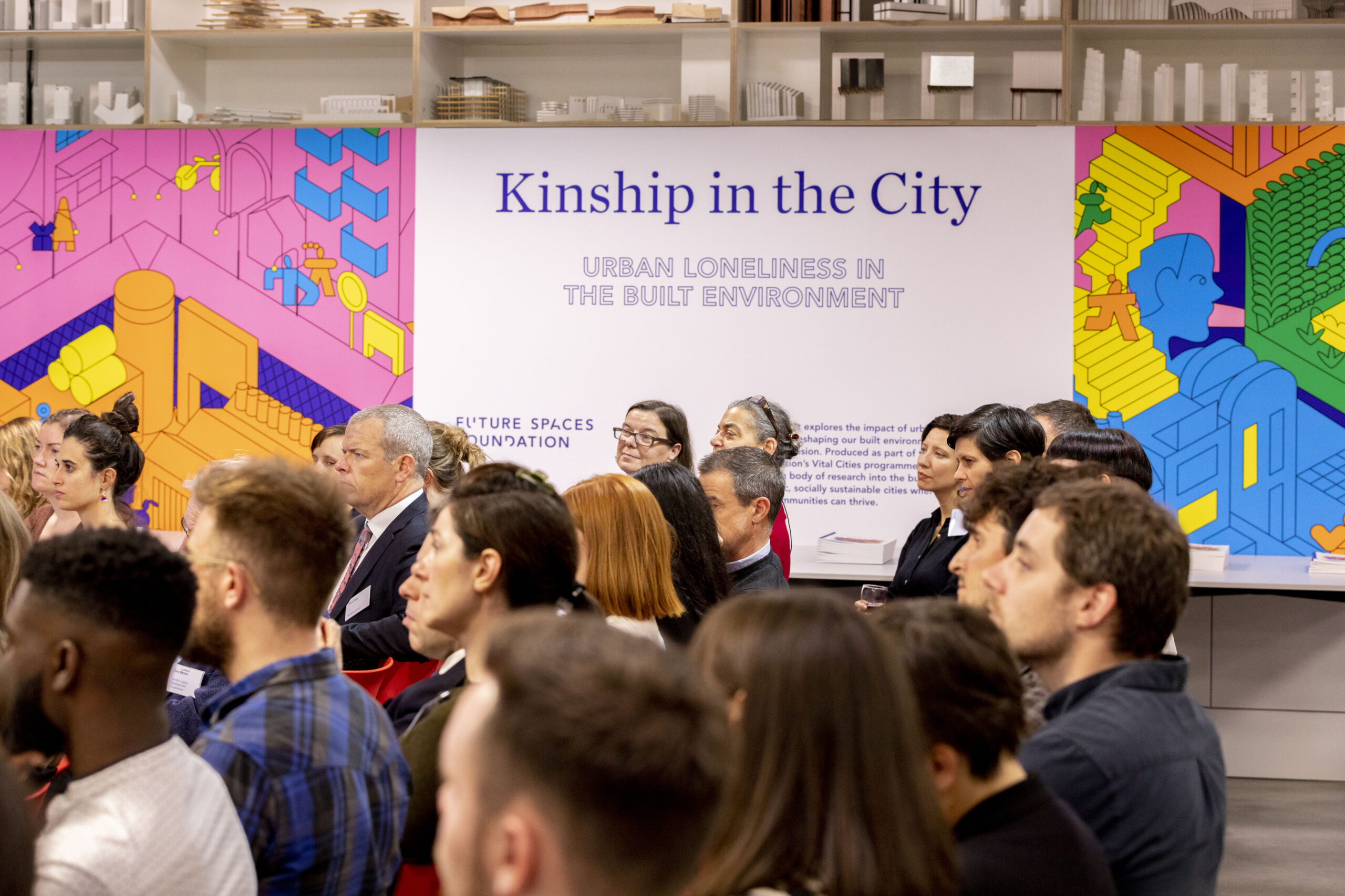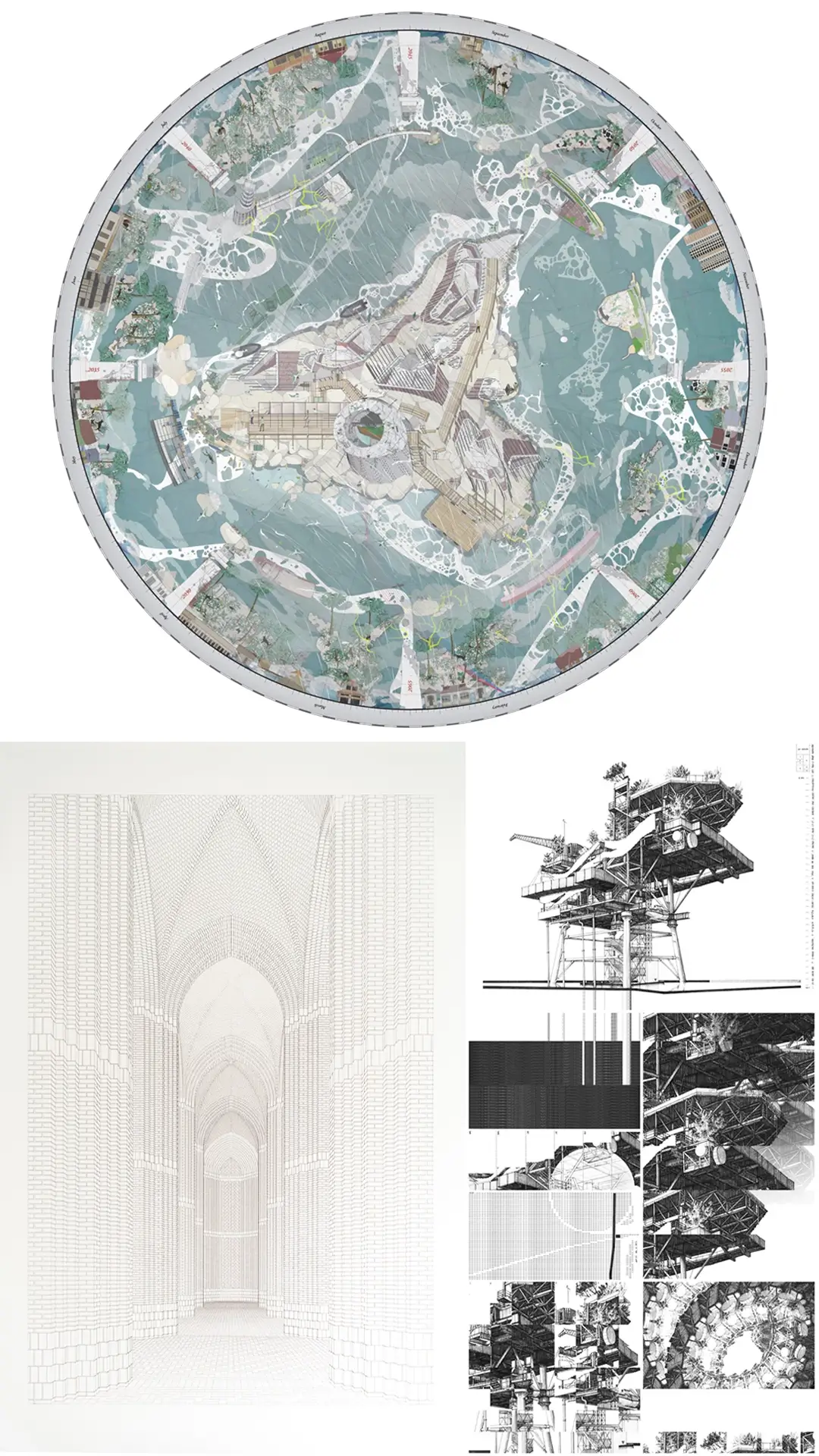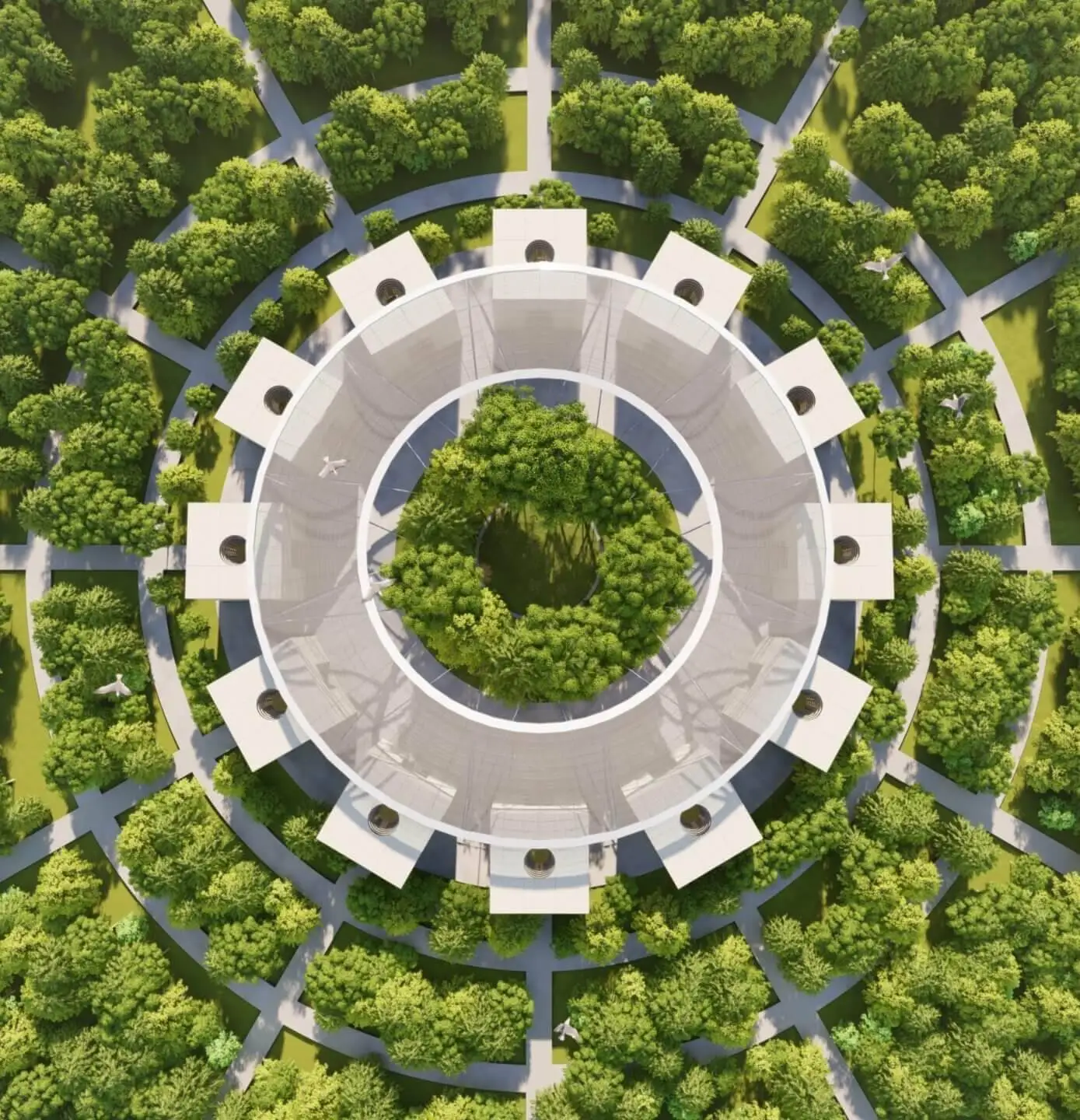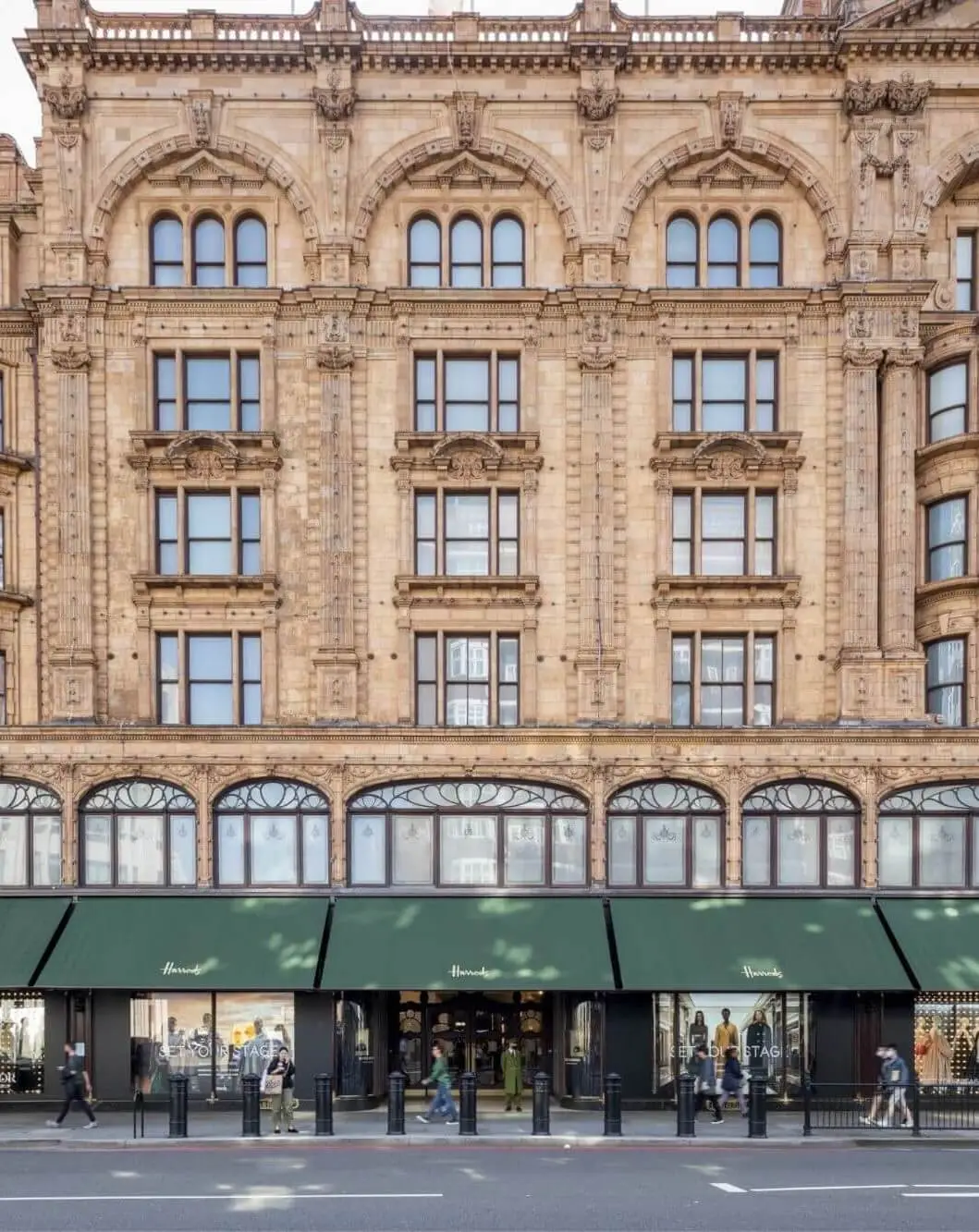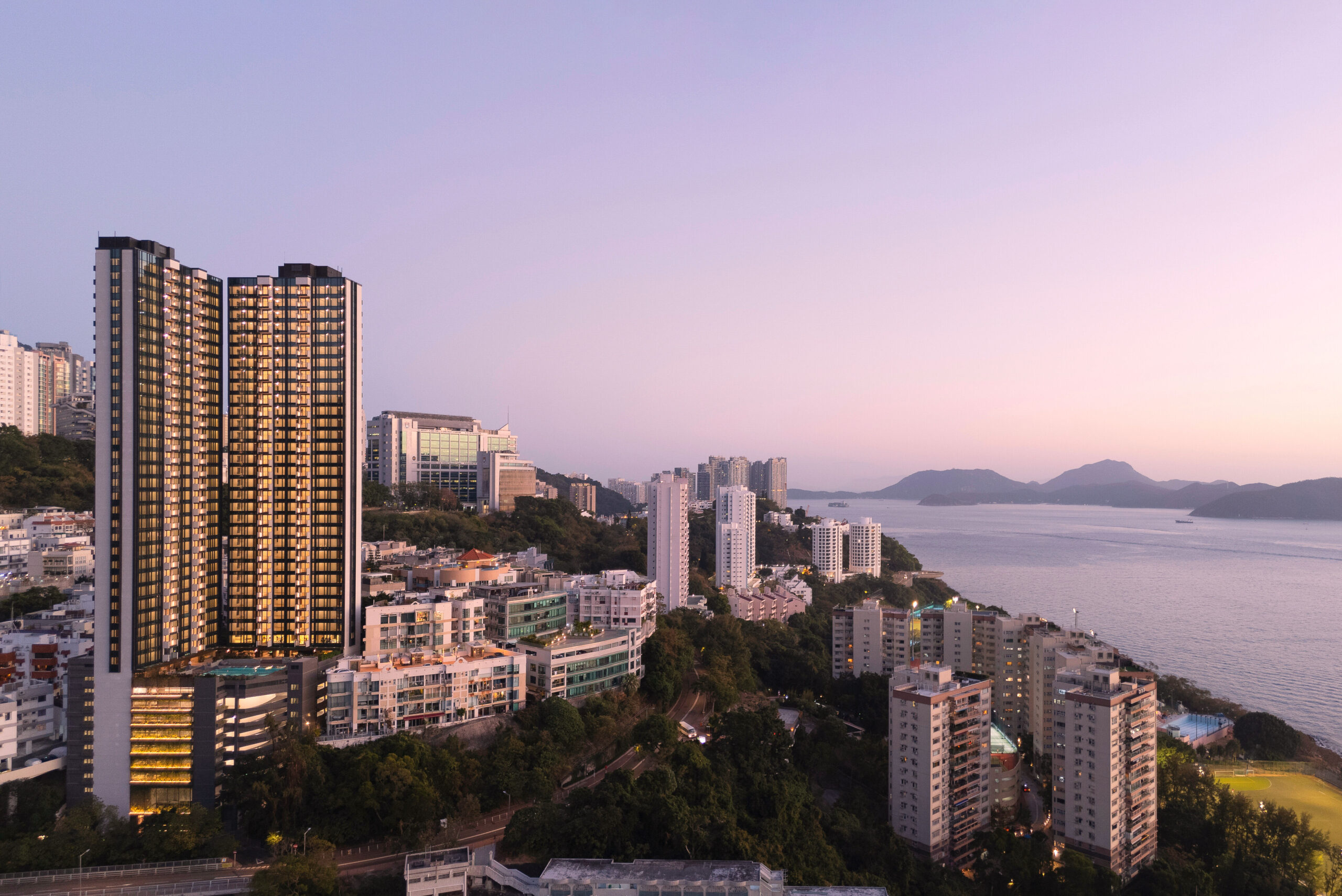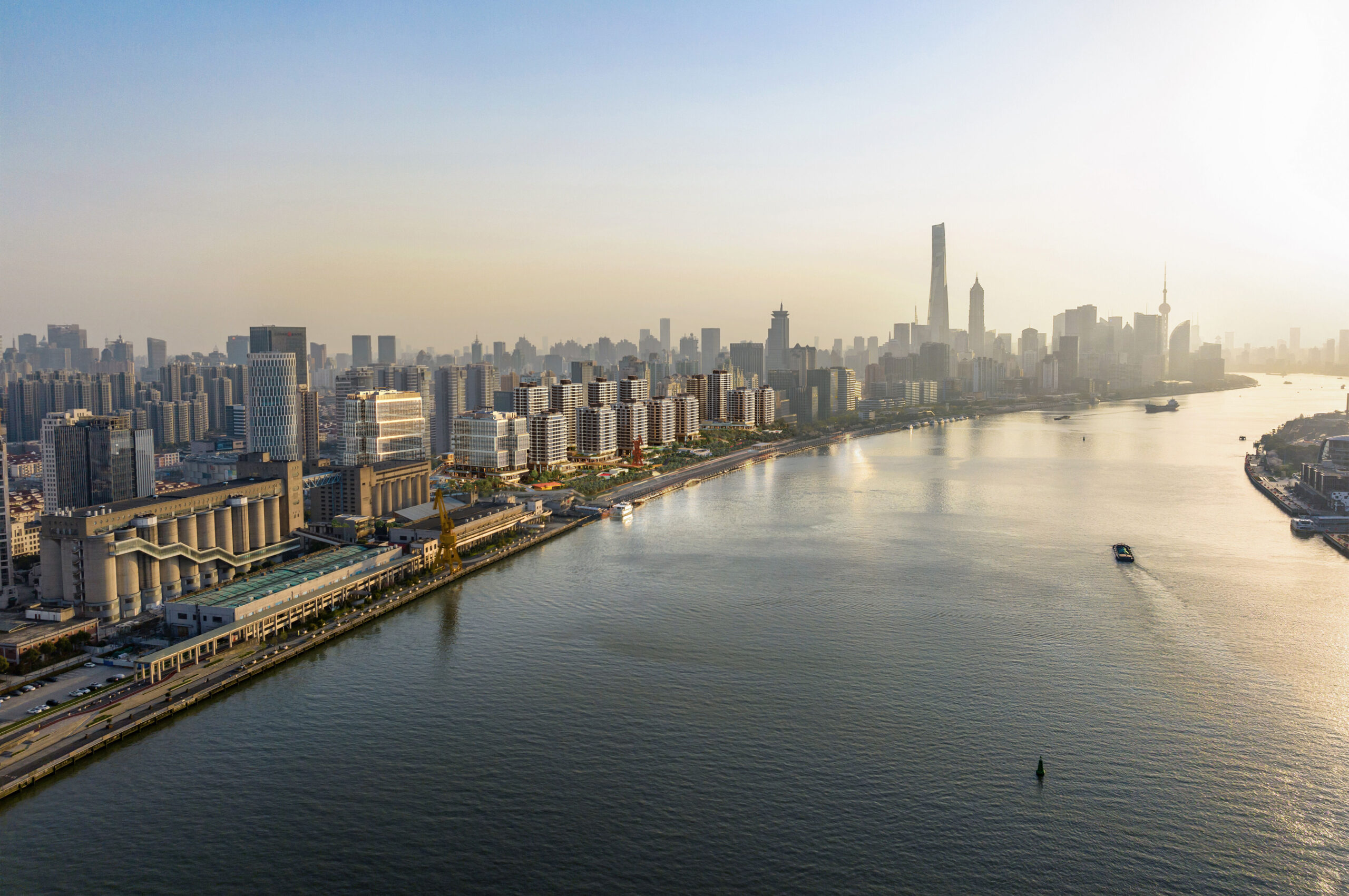
Diversity sits at the core of our process and plays a significant role in its success. We have people from around the globe working at Make, all feeding in their own experiences of work, education, urban and family life to make sure opportunities are approached from every conceivable angle. Client profiles are more varied than ever, and building teams that are the right fit, both for the client and the project itself, allows for more frank and committed client engagement. Thankfully, we’re able to choose from a diverse pool of Makers from one, two or all three studios.

Allowing the right people to enhance projects at every step of the way is key. A world-class resort in south-east China, for example, can only be achieved if those with local cultural knowledge engage with those who have a global perspective on hotel design – and it’s precisely this kind of multi-sector, cross-cultural expertise that separates the good from the great.
While Make’s extroverts are out galvanising political will, our introverts are resolving technological challenges and our mediators are steering solutions through complex networks of stakeholders. Everybody plays their part while feeding off those around them. This self-determination allows people to drive forward areas of particular interest and aptitude. Giving people the freedom to pursue and research original solutions increases their commitment and will to see them through to their optimised end. This leads to ambitious, scrutinised and well-delivered buildings.
Our employee-owned structure is also important to our process, as it ensures on a macro level that we share responsibility for the quality of everything the studio produces.

The phrase ‘world-class’ hints at a global perspective. By using expertise gleaned from working in places as varied as Abu Dhabi, London, Budapest, Chengdu, Mumbai and Sydney over the last 14 years, we can better inform the decisions we make on our present and future projects around the world. And by aligning the will of our designers with the goals of our clients, we can capture passion in the most positive way.
It’s this alchemy that leads to world-class architecture.
